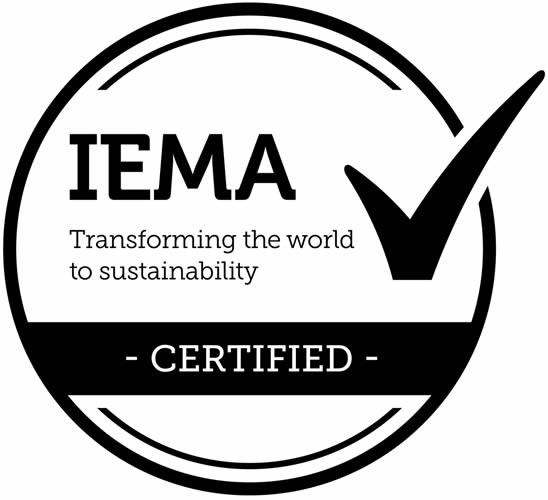Future Urban Environments
.jpg)
source: ludhi85/iStock/Getty Images Plus
Cities are heralded by many as the places that will reinvent economic growth, address climate change and develop innovative forms of political and social inclusion. At the same time cities are underfunded and over-burdened, home to deeply divided communities and ageing infrastructure, struggling with pollution and often chaotic unplanned growth. Such divergent narratives of hope and despair arise from a deep uncertainty surrounding the future of an urbanised humanity.
The Future Urban Environments (FUE) research group works in this space. Our inter-disciplinary work draws on multiple literatures including urban studies, innovation studies, social marketing, urban design and planning, science and technology studies. Much of our work is based on case studies that document and interrogate salient phenomena associated with four topic areas:
- Sustainable production and consumption, e.g. new ways of accessing vehicles in cities, smart urban agriculture.
- Transport systems and infrastructures, e.g. induction charging for electric vehicles and associated policies and practices
- Smart energy futures, e.g. development of smart regional networks, changes in practices and industry structures
- Energy in buildings, e.g. integration of low carbon and renewable technologies in buildings, changes in industry and user practices, assessment methodologies
Our work is founded on the notion that the social and technical are profoundly interrelated and focuses on socio-technical change in urban environments. We adopt a critical stance in research but crucially aim to assist actors steer socio-technical configurations toward more sustainable urban futures. Our research is therefore relevant not only to academic audiences but also to practitioners and to a variety of key decision makers such as policy makers and managers.





